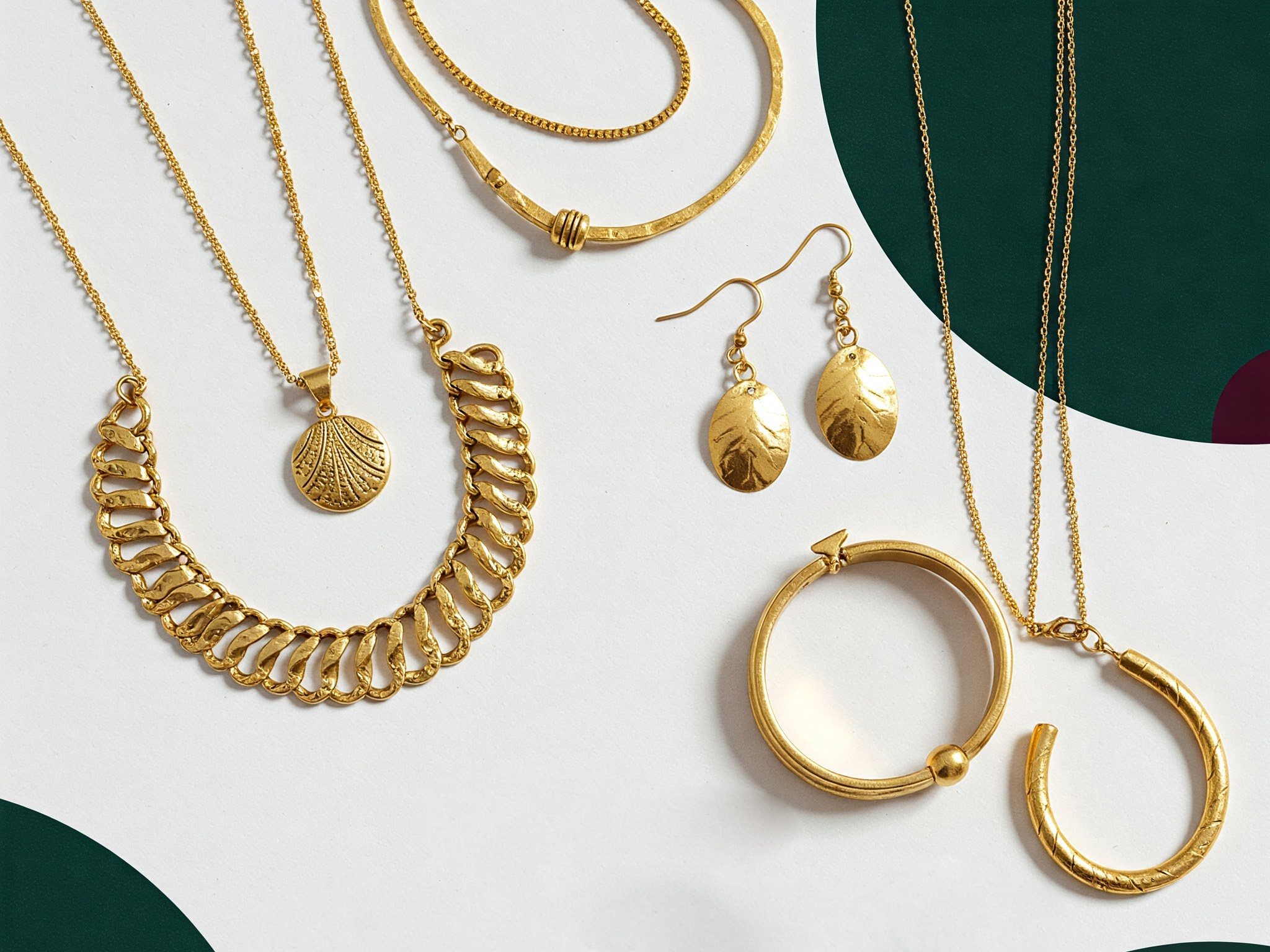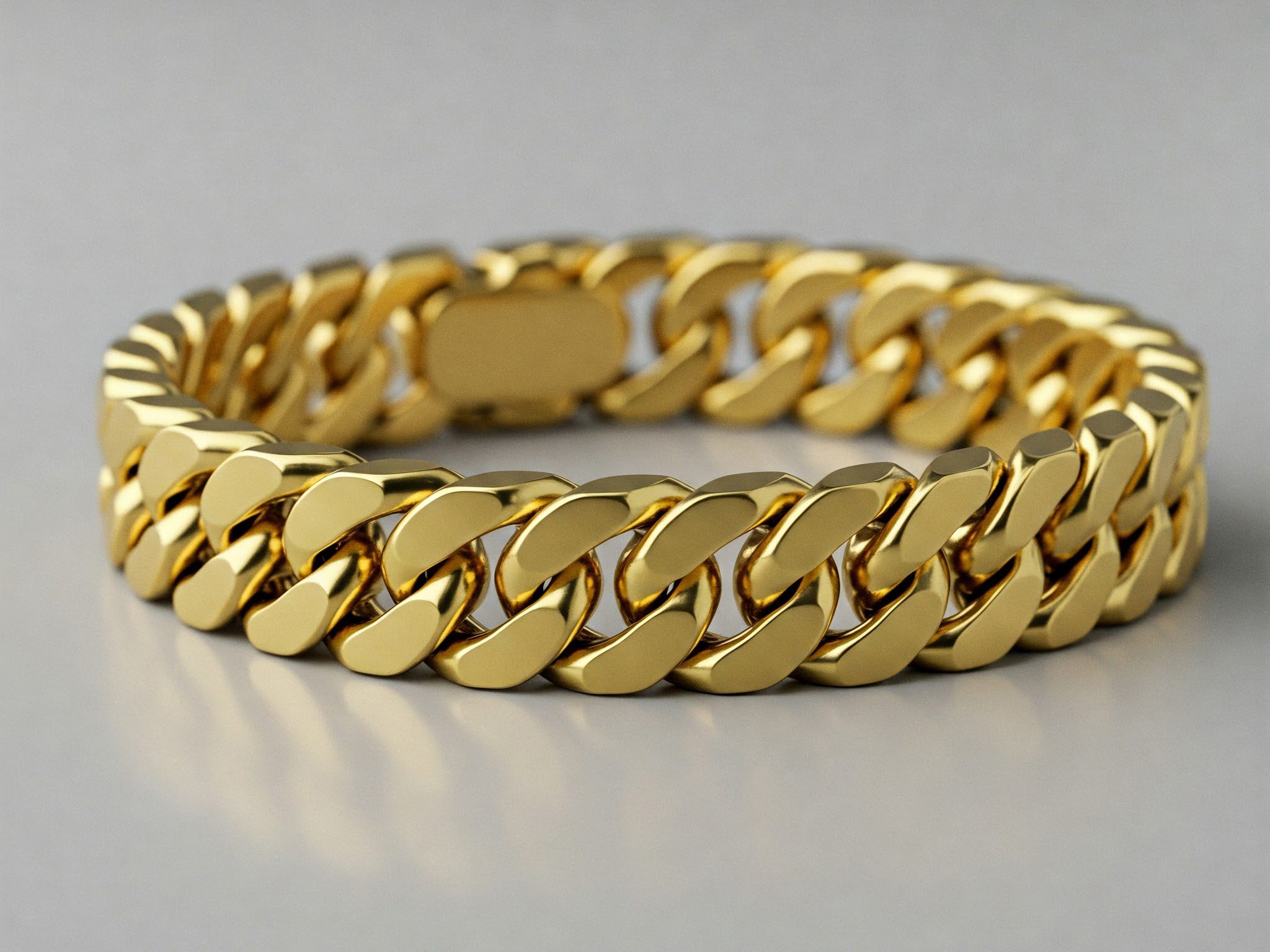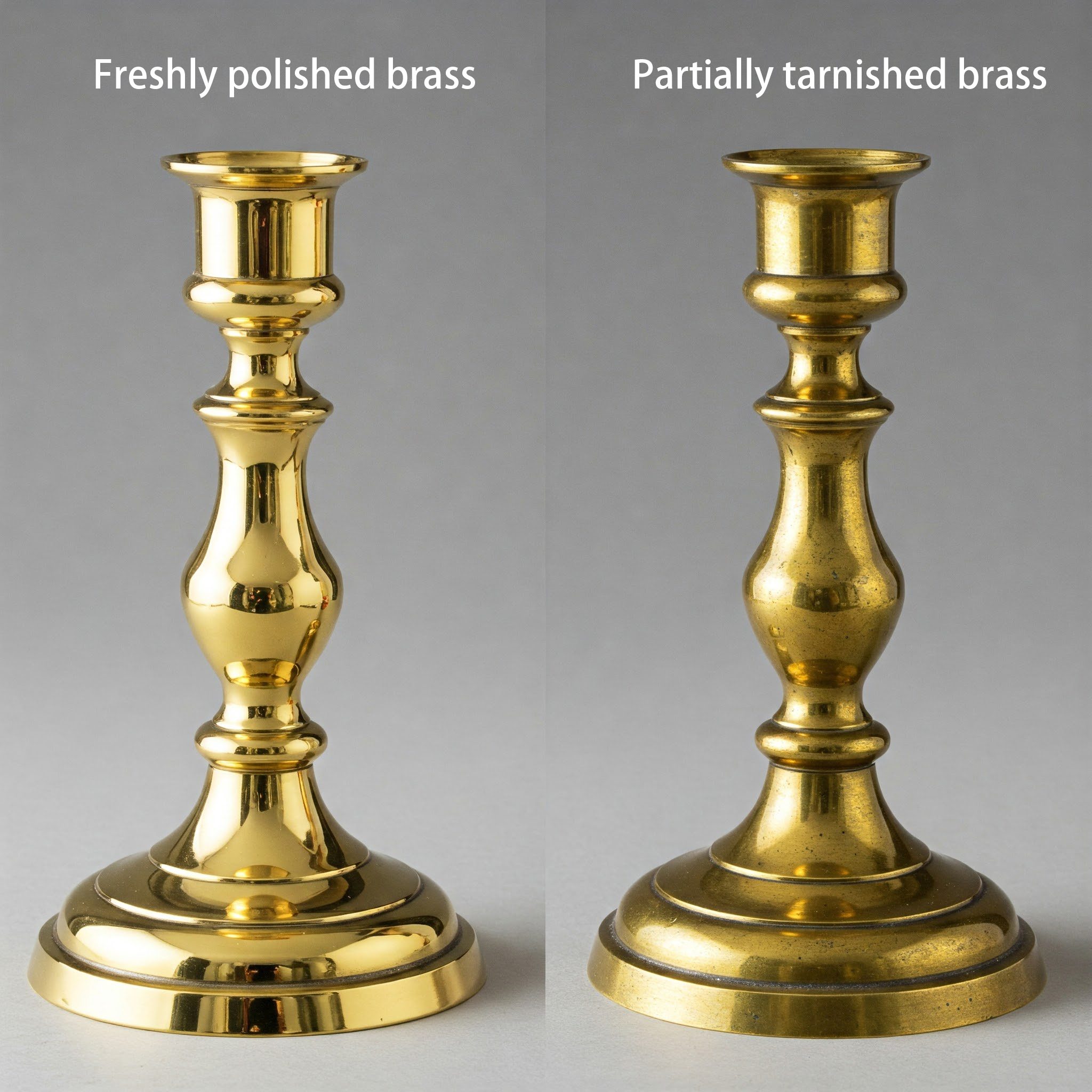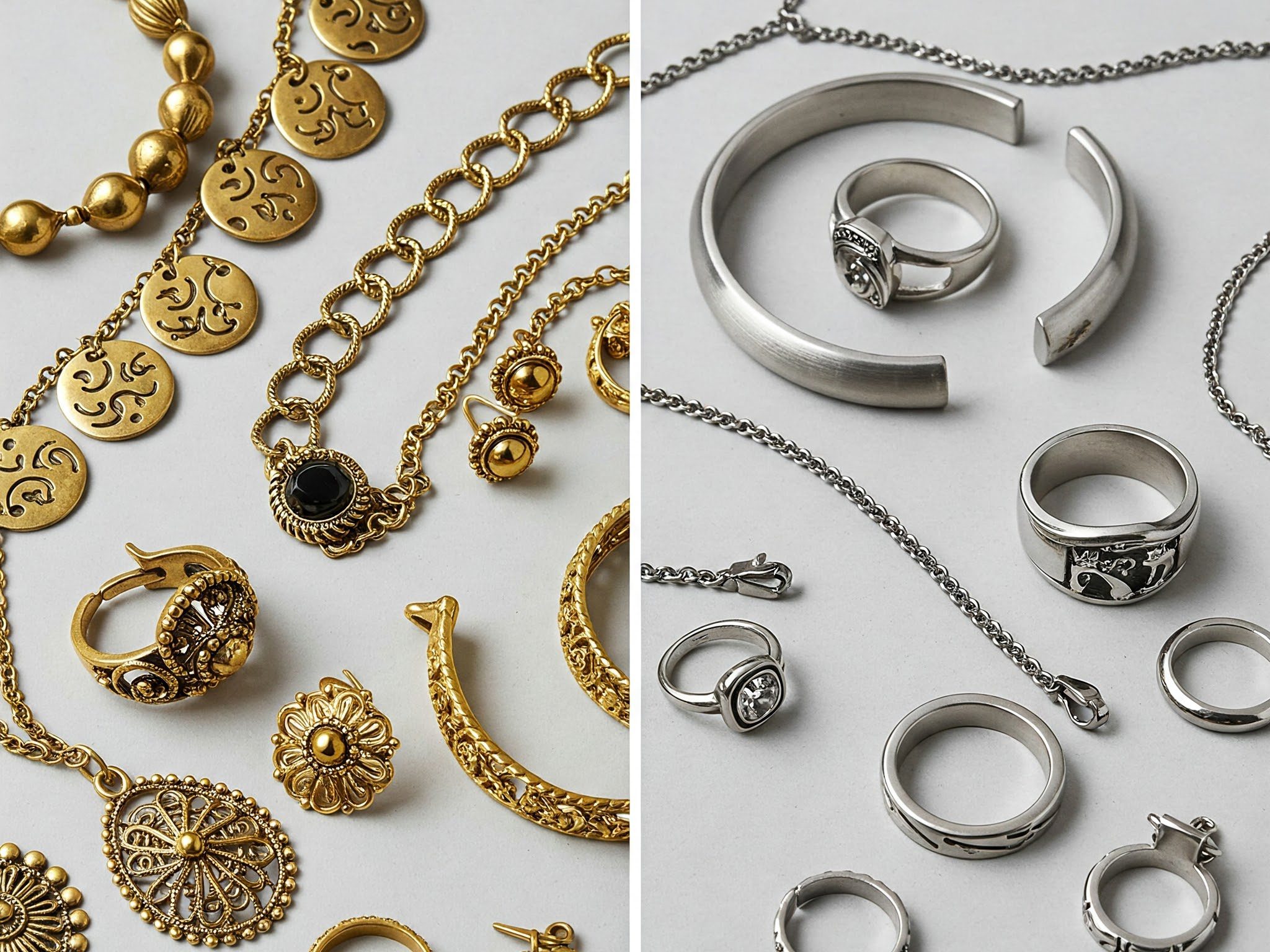
Blog
Does Brass Jewelry Tarnish? The Definitive Guide for Retail Buyers


I often see buyers worry about green stains on brass jewelry. They get frustrated and consider dropping brass from their catalogs. I offer them real solutions.
Brass jewelry does tarnish when copper reacts with moisture and air. This can happen in a few weeks. Proper care and protective coatings slow the process. Stainless steel is a longer-lasting option.
When I first handled brass orders, I was shocked by how quickly some turned dull. My experience taught me practical ways to reduce tarnish risk. Let me show you what I’ve learned.
Why Does Brass Jewelry Tarnish So Quickly?
I often notice how humidity and sweat speed up tarnish. Heat also plays a part. Let me share the details.
Brass tarnishes fast because copper in the alloy reacts with water and oxygen. Higher copper content means faster darkening. Body chemistry and storage conditions can cause visible tarnish in a few weeks.

The Science Behind Rapid Tarnish
Brass contains 60-80% copper. Copper loves to bond with moisture. That triggers oxidation. I have seen pieces turn brown or green within days in damp places.
Factors That Accelerate Oxidation
- Chemical Makeup: More copper leads to more tarnish.
- Environment: High humidity can cut the shine in half the time.
- Body Chemistry: Acidic skin can darken brass fast.
| Factors | Acceleration | Typical Onset |
|---|---|---|
| High Copper (>67%) | Quick Oxidation | Within 2-4 weeks |
| Humidity >60% | Faster Discoloration | Within 1-2 weeks |
| Acidic Skin (pH<5.5) | Rapid Tarnish | Within 3-7 days |
Modern coatings extend tarnish-free periods. I sometimes offer brass pieces with clear lacquer for up to 6 months of shinier wear.
Can You Prevent Brass Jewelry From Tarnishing?
Brass will eventually oxidize, yet I have found ways to delay it.
You cannot fully prevent brass tarnish, but you can slow it. Stock coated brass, add anti-tarnish strips, and store items in dry places. Educating customers helps retain brass’s luster longer.

Practical Steps for Longer Shine
I remind clients to wipe brass pieces after each wear. Dry storage is key. Even small changes make a big difference.
Cost Analysis: Brass vs. Stainless Steel Maintenance
I track the long-term costs. Brass often needs more frequent cleanings and replacements.
| Maintenance Factor | Brass Jewelry | Stainless Steel |
|---|---|---|
| Cleaning | Weekly | Annual |
| Lifespan | 1-2 years | 5-7 years |
| Customer Support | High | Low |
I have seen many wholesalers adopt stainless steel lines due to fewer returns. My BSCI-certified factory data shows most retailers pivot from brass within two years.
Brass vs. Stainless Steel: Which Lasts Longer?
I compare both materials daily. Stainless steel often wins on durability.
Stainless steel outperforms brass on tarnish resistance. Brass may darken within months, while good stainless steel stays bright for years. Higher profit margins often come from stainless lines.

Reseller Profitability Insights
I have seen net earnings rise for businesses that switch from brass to stainless steel.
| Brass Jewelry | Stainless Steel | |
|---|---|---|
| Markup | 35-45% | 50-65% |
| Return Rate | 12-18% | 2-5% |
| Repeat Purchase | 1.2x/year | 2.8x/year |
We offer stainless steel collections with low MOQs. We support buyers testing new markets with minimal risk.
Conclusion
Brass can tarnish quickly. Stainless steel lasts longer and costs less over time.
Kalen | Your Stainless Steel Jewelry Partner
📍 Dongguan, China | ✉️ info@kalenstore.com | 📞 +86 133 8080 9693
✅ BSCI/SEDEX Certified | 🌍 300+ OEM Designs | 🚢 7-Day Sample Service
